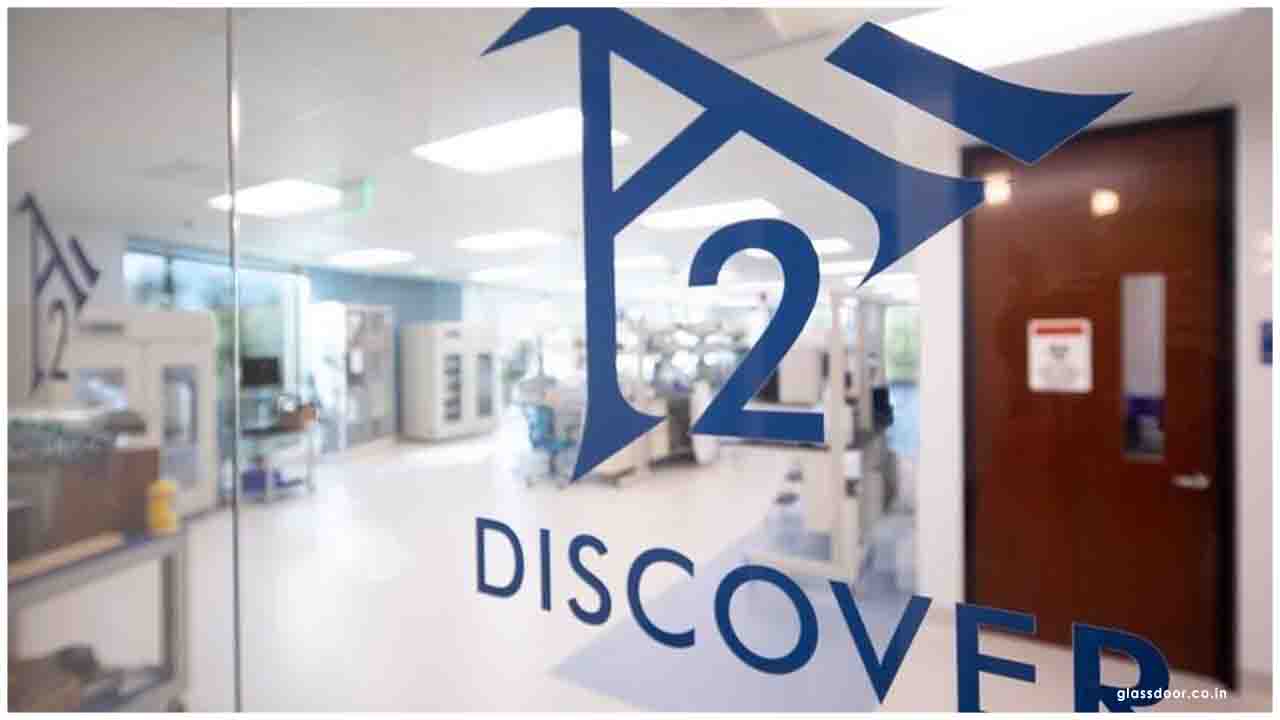A2 Biotherapeutics (www.a2bio.com), a biotechnology company developing innovative cell therapies for cancer patients with solid tumors, today announced that it has entered into an agreement with Merck, known as MSD outside the United States and Canada, in which A2 will continue research and preclinical development of its undisclosed Tmod cell therapy candidate (its third candidate therapy), with the parties to co-fund A2’s clinical development and allogeneic manufacturing activities through Phase 1. Merck will assist with preclinical development and has the option to exclusively develop, manufacture and commercialize the candidate following Phase 1.
A2’s Tmod engineered T cells uniquely combine a potent activating mechanism to kill tumor cells with a blocking mechanism that protects normal cells from harm by exploiting the loss of genetic material in tumors. Tmod engineered T cells have the potential to make existing targets safer and more effective by protecting normal cells and delivering a more therapeutically effective dose to kill the tumor cells.
“In vitro studies have provided compelling evidence supporting the view that Tmod-based cell therapy can distinguish tumor cells from normal cells, across multiple tumor targets,” said Dr. Roger M. Perlmutter, President, Merck Research Laboratories. “We hope that the combined efforts of Merck Research Laboratories and A2 Biotherapeutics will enable the application of this ingenious approach to improve the treatment of patients suffering from refractory solid tumors.”
Under the agreement A2 will receive an upfront payment, and will be eligible for opt-in and milestone payments, plus royalties on sales of any approved product. A2 will also receive from Merck an equity investment and reimbursement of certain expenses. Merck has the option to designate a new Tmod program with increased economic terms.
“This transaction extends our cash runway on the heels of our successful $71.5M Series B in October. It also brings Merck’s immunotherapy and other expertise for the Tmod candidate especially in the later stages of development, manufacturing and commercialization and enables A2 to build allogeneic product development and manufacturing capabilities,” said Scott Foraker, President and CEO of A2 Biotherapeutics.
A2 will continue to pursue its first two Tmod product candidates using its autologous manufacturing to reduce the number of variables for clinical proof of concept and expedite timelines. A2 anticipates that the successful development of its allogeneic Tmod candidate therapy will enable subsequently developed allogeneic Tmod candidates.

 Merck will assist with preclinical development and has the option to exclusively develop, manufacture and commercialize
Merck will assist with preclinical development and has the option to exclusively develop, manufacture and commercialize









.jpg)










.jpeg)

.jpeg)








.jpg)


